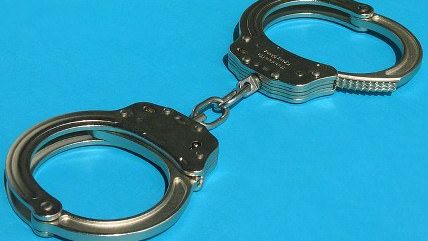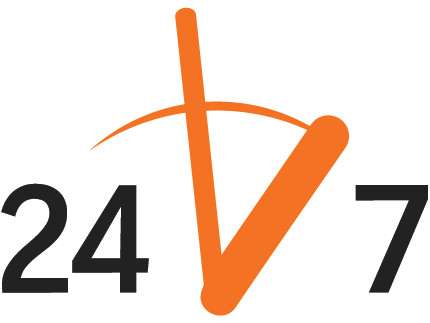That Forensics Lab Fingering You for a Crime Gets a Bounty for Your Conviction


Fueled by television crime shows, the public in general and juries in particular have been hot for forensics science for several years. The insistence that accusers put some hard science behind their allegations against defendants sounds like a positive development for due process—it certainly has prosecutors and judges worried that the CSI effect "might be raising the bar for prosecutions"—but the fact is that the hard science produced by forensics laboratories might be a tad squishy. It might even be spun to please certain parties.
Reports theNewspaper:
A recent analysis published in the Criminal Justice Ethics academic journal suggests when technicians perform forensic analysis of blood and other evidence for cases such as drunk driving, the results can be influenced by built-in financial incentives to produce a conviction. Syracuse University Professor Roger Koppl joined Meghan Sacks from Fairleigh Dickinson University argue that even if false conviction rates are very low, a 3 percent error rate could put 33,000 innocent individuals behind bars every year.
The primary problem, according to the paper, is that fourteen states reward crime labs with a bonus for each conviction they generate. North Carolina pays a $600 bounty "upon conviction" to the law enforcement agency whose lab "tested for the presence of alcohol." These incentives do not necessarily encourage scientists to lie, rather they tend to create an observation bias when measuring, for example, a blood specimen for its blood alcohol content.
The article doesn't overstate the paper's findings, which go far beyond specific concerns about DUI tests to forensic work in general. In "The Criminal Justice System Creates Incentives for False Convictions," (PDF) published in Criminal Justice Ethics, Roger Koppl & Meghan Sacks write:
Most of the inappropriate incentives we identify here are familiar to at least some parts of the scholarly community. We are not aware of any previous work, however, that reckons with the fact that many crime labs are funded in part per conviction.
In at least 14 states, state law requires that public crime labs be funded in part through court-assessed fees pay-able by the defendant upon conviction.
In effect, then, the crime lab gets a kind of bonus for each conviction. As we argue below, such court-assessed fees create an inappropriate incentive to generate findings that support conviction.
How can this be? Isn't science objective? Well…no. At least it's not in its application to crime. As Koppl and Sacks point out, "forensic science depends greatly on subjective judgment. Even fingerprint examination and DNA typing often involve subjective judgment." In both fingerprint and DNA matching, graphic results are compared to each other. The degree to which they correspond has a lot to do with personal judgment calls. They point to the FBI's false identification of a "100 percent match' for Brandon Mayfield in the 2004 Madrid train bombing as an example of the fallibility of such tests—the feds later admitted their error.
DNA matching isn't supposed to be as subjective as fingerprint matching, but "subjective judgment is more likely to enter when more than one person has contributed to the DNA sample, or the sample is contaminated, degraded, or very small." That's not uncommon at messy crime scenes.
Further complicating the issue is that crime labs generally have a monopoly over the evidence they examine, and they're usually run by police departments, which have an interest in the outcome. Add in a financial incentive for convictions, and the tendency to see what you want to see…
Outright corruption is possible under such circumstances, too. Massachusetts has thrown out hundreds of convictions in the past year after it turned out that a crime lab chemist falsified results to get prosecutors the evidence they wanted. She contributed to 34,000 drug cases that remain under review.
Follow this story and more at Reason 24/7.
Spice up your blog or Website with Reason 24/7 news and Reason articles. You can get the widgets here. If you have a story that would be of interest to Reason's readers please let us know by emailing the 24/7 crew at 24_7@reason.com, or tweet us stories at @reason247.


Show Comments (29)